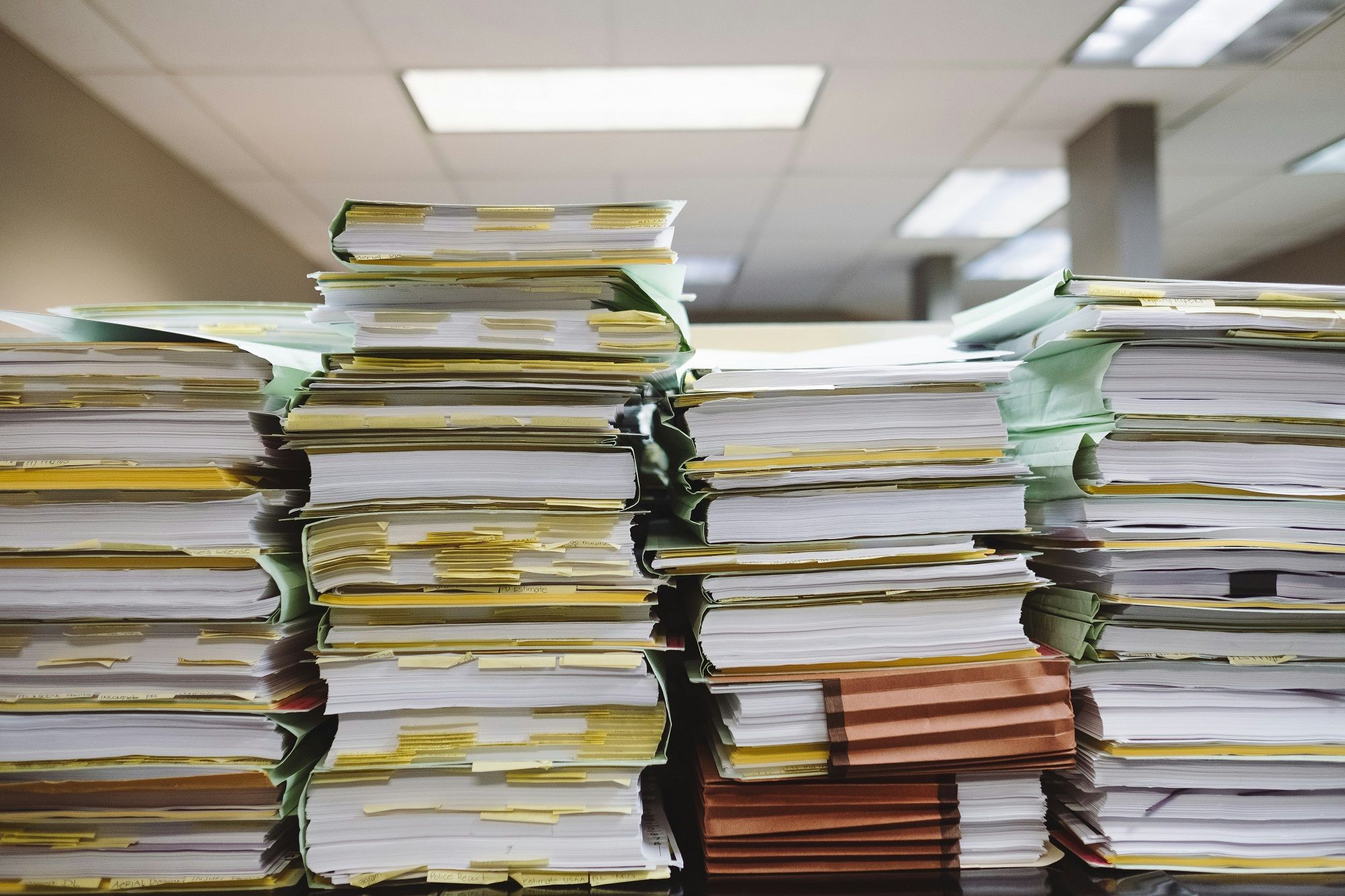- 20 May 2022
- No Comment
- 169
Educational Reforms in Pakistan- A Need of the Hour

Taking a stroll on the big campus of the University of Karachi, you tend to meet and see a lot of different people from all over Pakistan who come to study at one of the prestigious public universities of Pakistan. I was walking aimlessly nowhere one particular day when I noticed that tucked in the corner of the Economics Department, there is a small department right under the Department of Islamic Studies: Department of Bengali Language. While initially surprised that such a department existed, upon further inspection I realized that the department is one of the oldest at Karachi University. Currently, the department is in dilapidated condition both literally and physically as there are only eight overall students enrolled in the department.
Now, I’m not against the Bengali Language or the country of Bangladesh. I believe the separation of East and West Pakistan is one of the greatest tragedies in the history of this country. But to have a whole department dedicated to a language that is barely spoken in Pakistan or to only one specific country (Bangladesh) seems a little far-fetched. In an era of blockchain, Web 3.0, and Metaverse, we are focusing on obscure subjects like languages of one particular area.
It’s no secret that Pakistan is one of the least literate nations in South Asia. There have been talks of educational reforms for several years now, but nothing has come to fruition except in terms of what students are allowed to wear and not to wear on university campuses. Recently, a controversial law was passed in Punjab that male students would have to wear traditional Muslim caps and Women to wear dupatta or scarf in government-run schools. Instead of focusing on revamping the curriculum to meet the international demands, we are focusing on what the students must wear on their way to school. The system is filled with a myriad of issues, poor foundations, and questionable quality of the education being delivered, keeping up the syllabus up to international standards and ensuring that female education gets equal importance in the structure of the Pakistani education system are some of the primary concerns plaguing the nation. It is no secret that the public schooling system in Pakistan is in abysmal condition. It’s in desperate need of a greater reform to ensure a level playing field is met across the nation. This is imperative that we provide the future generation of Pakistan with the best possible educational reforms and equal opportunities in their prospects.
We know what must be done to improve the system of education in Pakistan, and we also know how to do it. Yet, we are still fixated on the issue of what must the students wear to school, colleges, and universities.
Also, the uncertain political climate hampers the educational reforms in Pakistan. When one political party comes into power after the elections, they introduce some new educational reforms, when another political party comes into power after another election, they scrap the previous educational reforms and replace them with new ones, which confuses the students and parents alike.
Coming into the private sector of the schools and colleges of Pakistan, sadly, they are nothing but profit-making institutes whose main purpose is to ensure that parents pay the school fees on time and not on the quality of education which is being provided on their property. No checks and balances on the teachers as there is no proper setup on how they are hired. Unfortunately, the teaching sector of Pakistan usually hires those individuals who aren’t getting any proper job in the job market and are forced to teach to earn their livelihood. This should be the opposite, as in any progressive nation, the best individual is selected for the role of teaching.
The gravity of the education crisis Pakistan is facing is no mere matter and the government and the public alike should come up with a solution to this crisis otherwise we may lose a generation that is supposed to be the future of this country.



